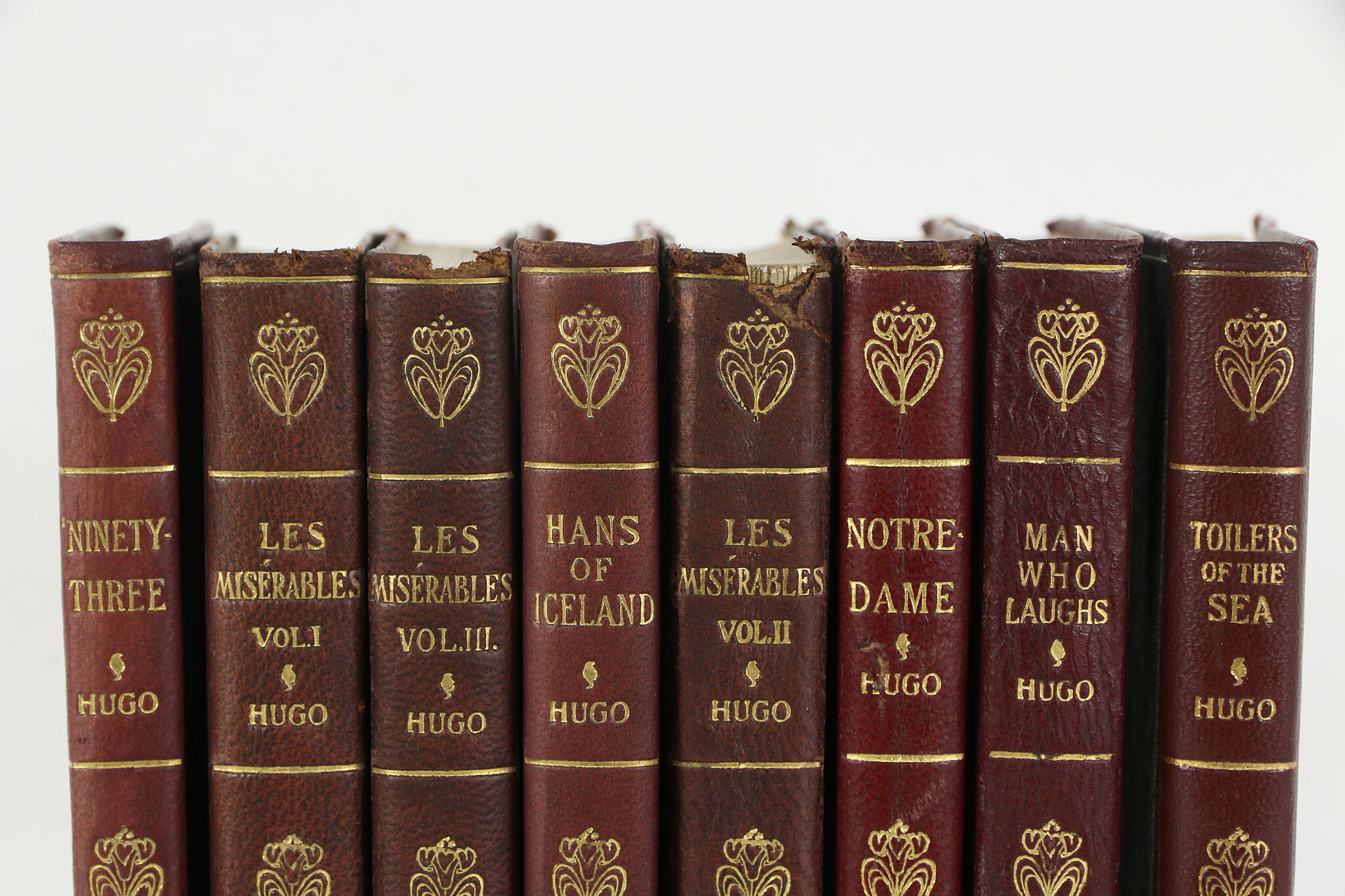Victor Hugo is one of the world's leading pens, playing an important part in the history of French literature. Victor Hugo was a great pen, minstrel, and playwright of the romantic literature of the nineteenth century. His workshop not only reflects the history, culture, and French revolution but is also an exemplary symbol of love and benevolence. His workshops are classified as classics of the world, getting exemplary erudite workshops, not only of cultural value but also of literal significance.
Life and Events
Victor Marie Hugo was the youthful son of court general Joseph Léopold Sigisbert Hugo( 1773 – 1828) and Sophie Trébuchet( 1772 – 1821). His two aged sisters were Abel Joseph Hugo( 1798 – 1855) and Eugène Hugo( 1800 – 1837). In 1811, Victor and his family Eugène was transferred to study at the Collège des Nobles, Madrid. Around 1813, he returned to Paris to live with his mama. At this time, he'd parted with his father and moved with General Victor Fanneau de la Horie. In September 1815, he entered a boarding academy at the Cordier School. According to Adèle Hugo, this was around the time that Victor Hugo started writing poetry. He studied minstrelsy and law by himself. Supported by his mama and family, Victor made his intentions clear when he wrote in his journal at the age of 14" I want to be Chateaubriand or nothing!".
At the age of nineteen, his mama failed. Two times latterly, V. Hugo married his nonage friend Adèle Foucher and had four children, but like his parents, their life wasn't smooth and happy. Their apartment in Paris came as a meeting place for aspiring pens of the Romantic Movement of the period. His first son soon failed in a boat crash in the Seine with her hubby when she failed. When he was lower than twenty times old, Hugo's alternate son, Adèle( who shares her mama's name), soon came mentally ill and spent her life in the sanitarium. His two sons both followed in the steps of their father, who was a pen and intelligent but failed at a veritably youthful age. Therefore, Victor Hugo witnessed the deaths of his favored bones time and time again, until at the end he was nearly alone, leaving only one son in an internal sanitarium and two grandsons. He was a lifelong man whose social and political conditioning explosively told progressive numbers and trends of the time.
Erudite Career
The achievementd'etat at the end of 1851 overthrew the democracy. Hugo was expatriated abroad nineteen times, but this can be considered the zenith of his jotting career when a series of poetry collections and novels were born.
Indeed when entering the remittal of Napoleon III, V. Hugo was also determined not to return. He vehemently opposed the alternate conglomerate governance, explosively condemning the treason and oppression of the court. A brilliant, vast, and open life, not only with transcendent poetry, but also as a screenwriter, philosopher, and critic, all of which are still handed down to this day. Hugo has lived and worked as an intellectual, luminous, and sublime zenith. Indeed though in a crazy society, death, imprisonment,. all happen in front of him, he could not hold back, and from there he threw himself heavily into cultural creation, painting a mortal and social environment, into poetry, oil, and immortal erudite workshop similar to Les Misérables or The Hunchback of Notre Dame. His career incompletely reflects the fall of France's capability to find a political balance at that time in the 19th century. The time when the country was in the hands of despotism and lawlessness composed and published several collections of runes, similar as Autumn Leaves, Sunset Songs, Inner Voices, shafts of Light, and murk, all of which contain compassion for miserable lives and faith in the power of the people. Hugo also wrote several other novels, similar to Labor of the Sea, The Laughing Boy, and many other discourses, similar to William Shakespeare. After returning to France, he wrote less and substantially concentrated on political conditioning.


